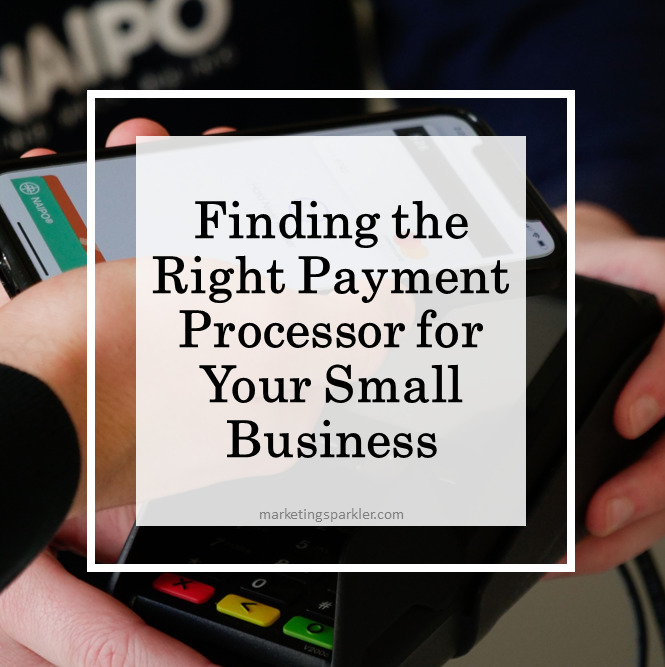When looking for a payment processor for your small business, there are numerous factors to take into account. What type of business do you have? What payments do you accept? And most importantly, what budget have you set? These questions need answering before signing up with any payment processor. In this blog post, we’ll look at different types of payment processors and explain how they can benefit your startup.
Finding the Right Payment Processor for Your Small Business
Traditional Payment Processors
Traditional payment processors are the most common type of payment processor and typically charge a fee for every transaction. They accept most major credit cards, debit cards and ACH payments. Depending on your business type you may need to pay additional fees for specific services like fraud protection or customer service.
Online Payment Gateways
Provided by third-party companies specialized in secure online transactions, these enable customers to use their own credit cards or other payment methods without having to enter personal information onto your website. Fees for these services can range from flat rate fees to percentage-based charges depending on transaction size.
Mobile Payment Processors
As mobile devices become more prevalent, payment processors have become increasingly sought-after. These services enable customers to make purchases using their phones or tablets at a flat rate fee. Most charge an upfront charge for each transaction and provide additional features like loyalty programs and rewards programs.
E-Wallet Platforms
E-wallet platforms provide customers with the convenience of storing their payment information centrally, allowing them to make payments across multiple websites without having to enter it manually each time. Although fees associated with these services vary depending on who provides them, they typically cost much lower than what traditional payment processing companies charge.
What Type Of Payment Processor Is Ideal For My Business?
Different businesses may require different payment processors. For example, physical goods or services businesses typically need a traditional processor that can process both credit card and debit card transactions. Ecommerce stores are ideal for online payment gateways that enable customers to enter their payment information directly on the website without leaving it.
Mobile app developers typically require mobile payment processors so their customers can make purchases with just a tap of their finger while using the app. Subscription-based businesses can benefit greatly from e-wallet platforms, as they enable customers to store their payment information centrally and make payments easily. A streamlined merchant services account for adult businesses may be your best bet since it eliminates the need for multiple payment processing accounts.
How Can I Select the Appropriate Payment Processor?
When selecting a payment processor for your small business, you should take into account the type of venture, services offered by the processor, and fees associated with each. Furthermore, make sure to research any additional features such as customer support or fraud protection they provide. Lastly, read reviews on third-party websites in order to gain an unbiased perspective of how well a given payment processor functions before signing up.
Bottom Line
No matter the size or type of business you run, there is a payment processor out there to meet your needs. Speak to your bank or credit union about which ones they recommend, read customer reviews online and compare rates and fees in order to find the ideal fit for your small business. With the correct payment processor in place, you can simplify online payments while making it quicker for customers to pay you promptly.
Ciao,
Miss Kemya
